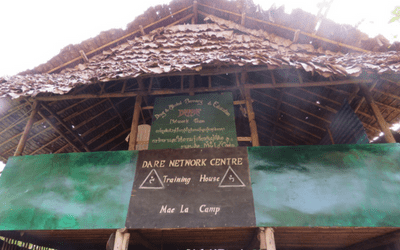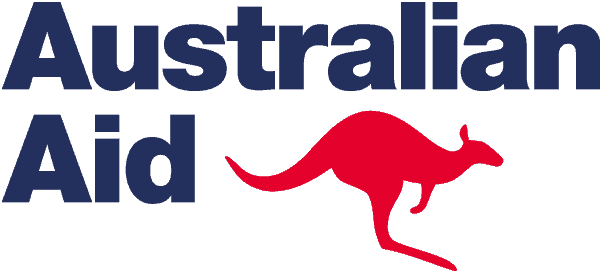Confronting the challenges of addiction among refugee communities
 Addressing the challenge of addiction in displaced communities
Addressing the challenge of addiction in displaced communities
In 2000, after witnessing the atrocities committed against the ethnic people in Myanmar and the subsequent social problems associated with alcohol and drug dependence along the Thai-Myanmar border, a Canadian addiction recovery specialist along with leaders of local ethnic groups felt compelled to confront these challenges and contribute to change. Together they developed a plan to address the growing problem of substance abuse within the displaced ethnic communities of Myanmar.
In October 2001, DARE Network began training addiction workers from Karen, Karenni, refugee and Internally Displaced People (IDP) communities. This first training was held in Mae Sariang on the Thai side of the border. New community addiction workers were taught skills based on traditional Eastern and modern Western approaches to addiction. Concurrently, DARE Network built a number of training and treatment centres in Mae La Oon, Mae Ra Moe, Mae La, Umpiem and Noe Poe refugee camps in Thailand as well as in one IDP camp inside Myanmar. With the completion of the training and the construction of the DARE Network Centres, community addiction workers began rolling out recovery treatment and prevention and education sessions throughout their communities.
The DARE Network has received support from Union Aid Abroad –APHEDA through the Australian Aid program for their Drug and Alcohol Health Promotion Program since the 2011. This support has provided financial sustainability and greater capacity to DARE, enabling them to further expand their work into rural villages of Karen State Myanmar.
The ongoing threat of refugee repatriation and the link to addiction
The continuous threat of refugee repatriation from camps in Thailand to Myanmar is causing enormous stress to refugee communities in the region. The psycho-social impact of this issue is often not fully addressed by the United Nations High Commissioner for Refugees (UNHCR) and international NGOs who work with these communities. This has a direct impact on an increase in addiction related issues in the camps’ refugee communities. DARE Network reports that refugee insecurity, combined with the desperate situation resulting from a reduction of funding for food, shelter and essential services in the camps has led to a sharp increase in the use of alcohol and drugs. Despite this DARE Network has continued to meet the increased demand on their services.
Over the last 12 months DARE Network has delivered treatment programs to 330 clients, and community prevention education has been delivered to 18,572 people in communities and schools. A greater focus of the DARE Network has been the education and counselling of family members of those undergoing treatment – 960 family members have participated in the last 12 months. This work is particularly important as a clients’ recovery has a much better chance of success when the family is included in the recovery process.
Another highlight has been an expansion of DARE Network’s Step Back to Burma program, which saw an increase in Village Coordinators trained by DARE Network. This means that 30 villages across Karen State now have a dedicated DARE Network village coordinator, responsible for providing education and guidance on addiction prevention, as well as assisting in client referrals to DARE treatment centres from respective villages.
Continuing to confront the challenges towards recovery and prevention
DARE Network will continue to provide rehabilitation, run preventive community education programs, and train community-based drug and alcohol treatment and education workers.
In plans to increase the role of women and families in the program, DARE will cooperate with established women’s organisations to set up mechanisms to allow women to approach community authorities to help refer alcoholics in their families to treatment programs and avoid punitive responses.
DARE Network remains committed to confronting the challenges they face head on, and will continue make valuable contributions in preventing and treating addiction in the region.
 DARE Network’s Drug and Alcohol Health Promotion program is supported by the Australian Government through the Australian NGO Cooperation Program (ANCP).
DARE Network’s Drug and Alcohol Health Promotion program is supported by the Australian Government through the Australian NGO Cooperation Program (ANCP).